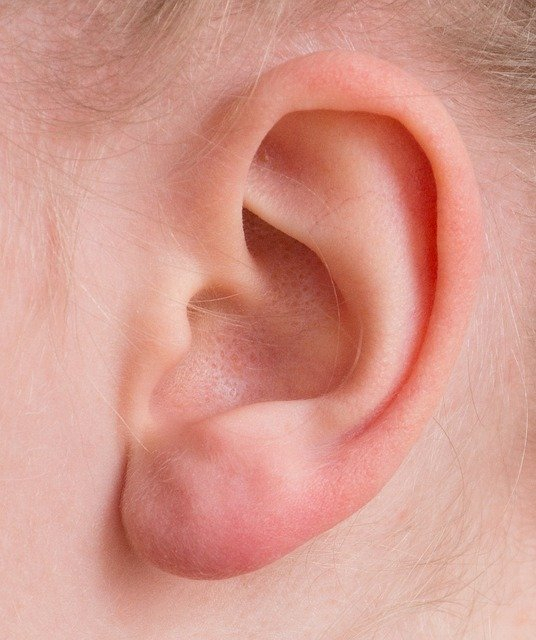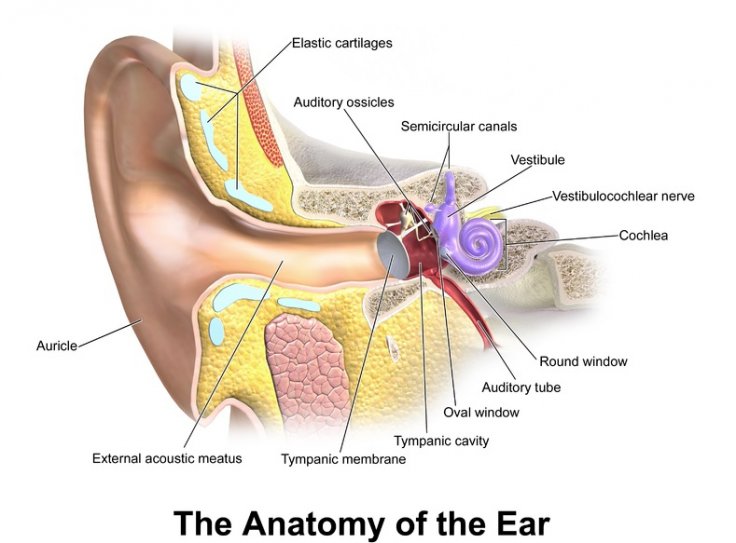Since the Coronavirus pandemic hit the world, scientists have been trying to understand how it affects the body. Recently research revealed that a common hearing problem, tinnitus, may be worsened by the disease or could be triggered by the SARS-CoV-2 infection.
The study led by led by Anglia Ruskin University (ARU) also found that people with tinnitus are further struggling due to the lifestyle changes forced by the Coronavirus pandemic. This medical condition includes the perception of noise, like ringing inside the ears and head. The issue is also associated with reduced emotional well-being, anxiety, depression, as per the experts.
Research Findings

The study author Eldre Beukes, who is a research fellow at Anglia Ruskin and Lamar University in Beaumont, Texas said that the study findings highlight, "Complexities associated with experiencing tinnitus and how both internal factors, such as increased anxiety and feelings of loneliness, and external factors, such as changes to daily routines, can have a significant effect on the condition".
More than 3,100 people from 48 countries, mostly from the US and the UK, were involved in the study. After conducting the analysis, the researchers found that 40 percent of those people who developed Coronavirus infection symptoms experienced a worsening of their existing tinnitus. Some of the involved patients also reported their tinnitus was initially triggered by developing COVID-19 symptoms. The study suggests that tinnitus could be a "long COVID" symptom for some patients.
In a separate study conducted by the University of Manchester audiologists supported by the NIHR Manchester Biomedical Research Centre, it was found that eight out of 16 patients, admitted to Wythenshawe Hospital, reported a deterioration in their hearing, another eight reported tinnitus-type noises, which are not caused by an outside source.
Social Distancing Is Not a Good Option!

The researchers behind the newly published study also learned that many respondents believe the social distancing measures are making their conditions worse, almost 46 percent from the UK and 29 percent from North America reported the same. In such cases, they blame the increased amount of video calls, noisier indoor environments, and the maximum consumption of coffee as well as alcohol for their increased discomfort.
One-third of people also expressed their concerns about getting infected by the novel Coronavirus, and financial instability, being alone, and trouble sleeping. The researchers also noted that people under the age of 50 and women found their tinnitus particularly problematic during the COVID-19 pandemic.
According to the study, which was published this week in the journal Frontiers in Public Health, the current healthcare crisis has made it more difficult for patients to access their healthcare support for their medical condition.
The study co-author David Stockdale, chief executive of the British Tinnitus Association, said that poor treatment process of tinnitus in the early stages, often cause much worse cases, and "severe tinnitus can have a huge impact on mental health". He also added, "With this in mind, as the COVID-19 second wave takes hold," the healthcare system has to make sure that anyone who develops such hearing issue or experiences a worsening of their condition "can access the professional health care support they need as quickly as possible."









